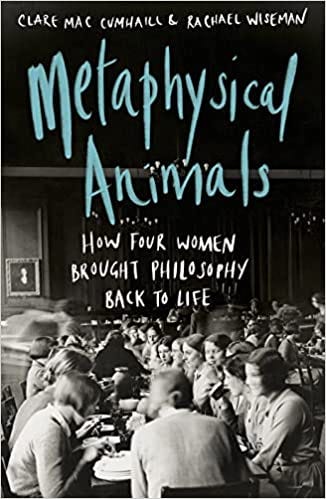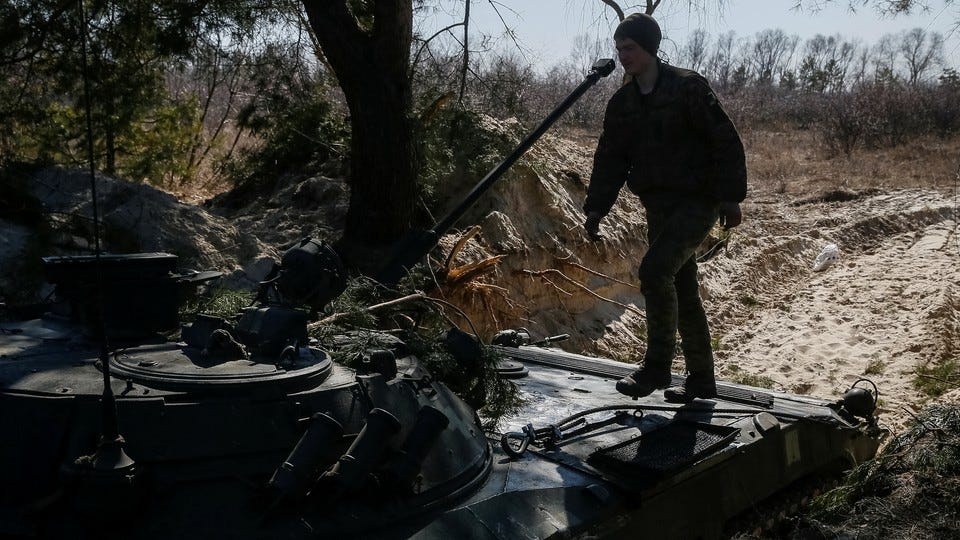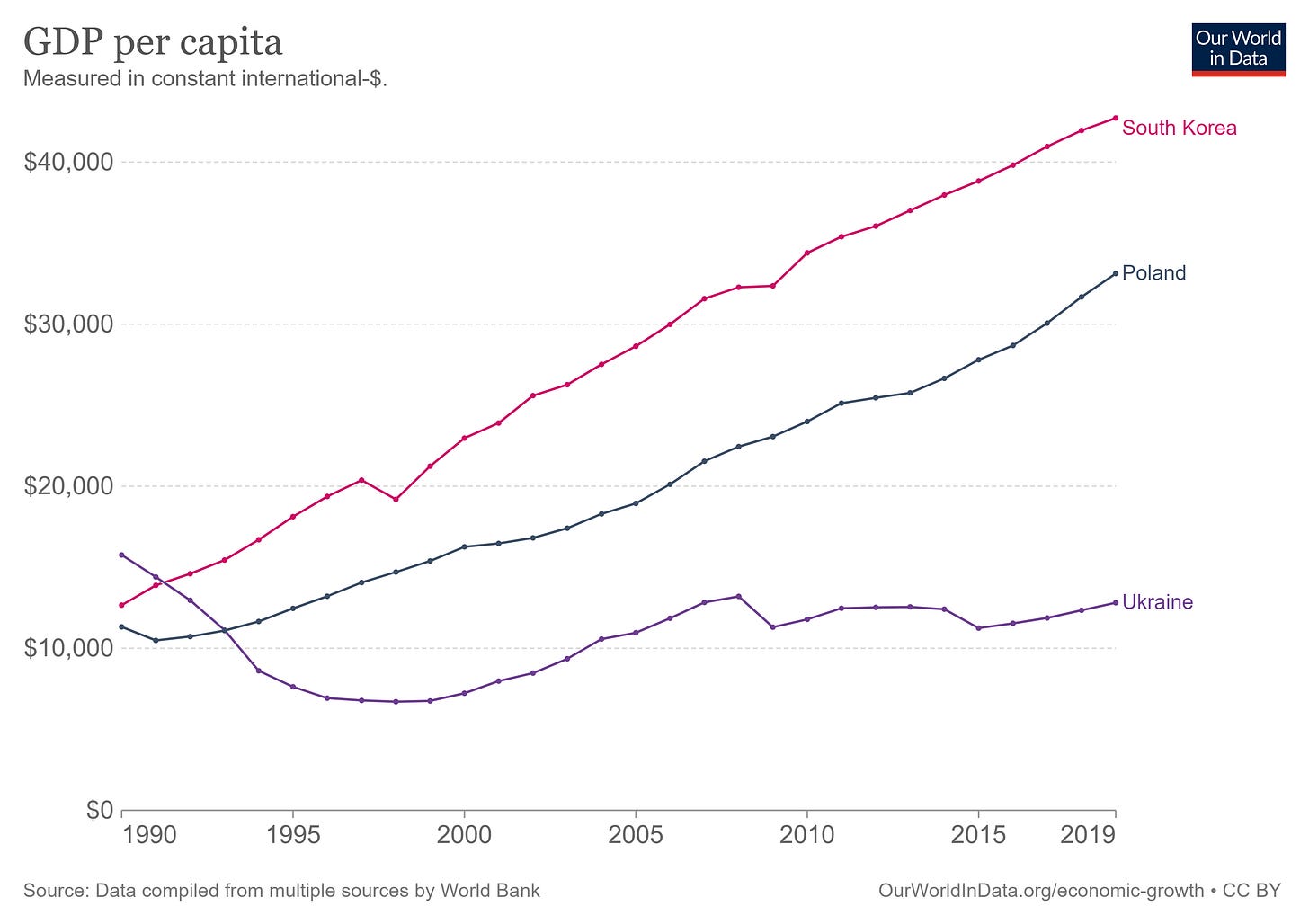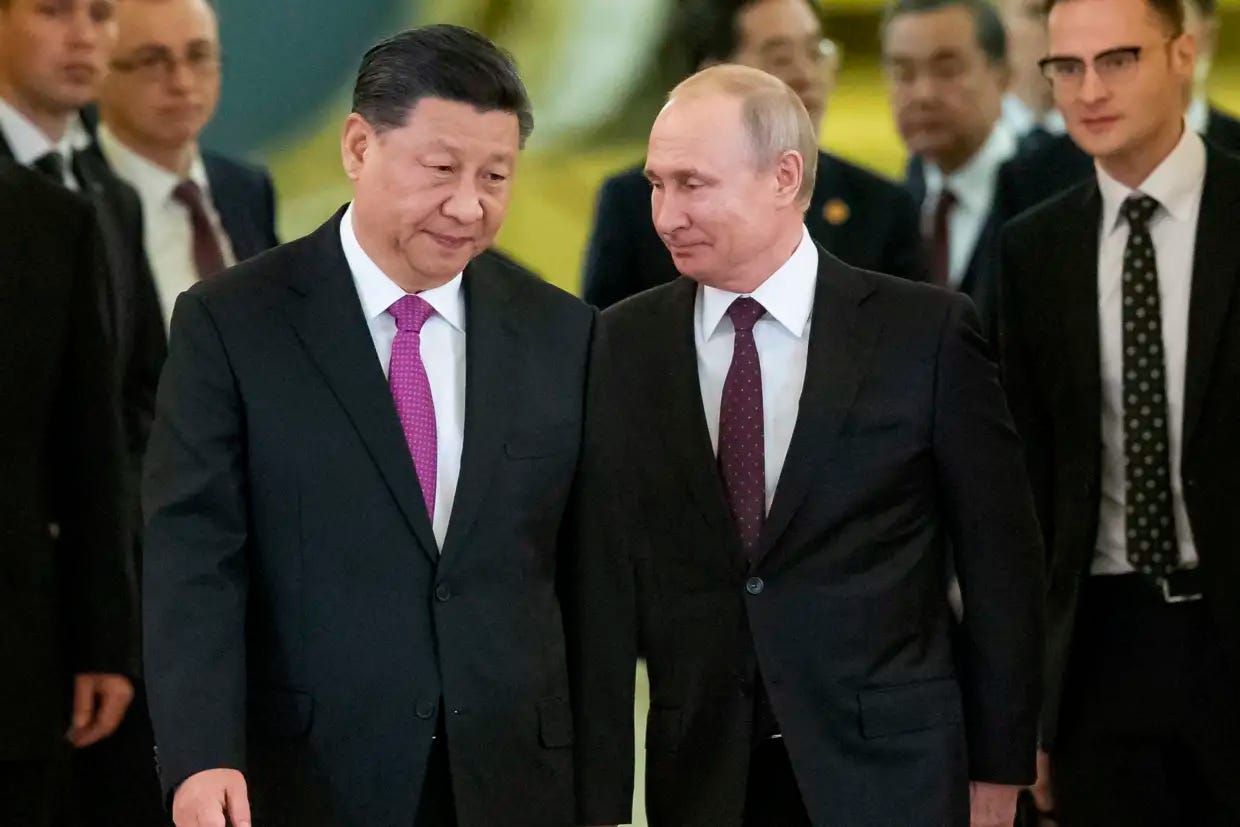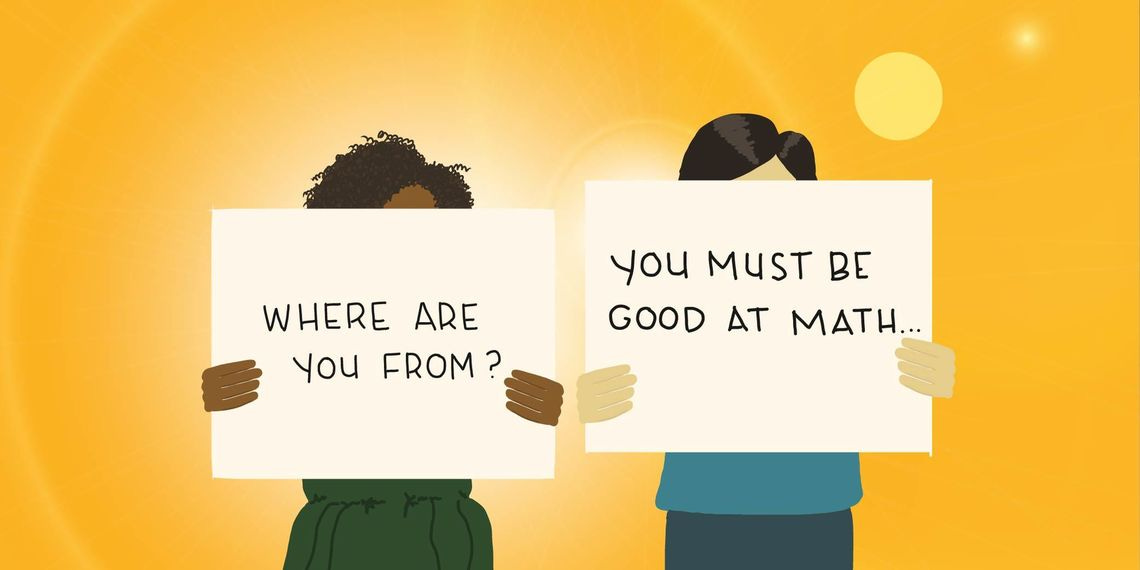Metaphysical Animals: a feminist masterpiece?
I’m still obsessed with Ukraine, and it’s certainly the most urgent thing in our world, but, since I’m grouping all the Ukraine stories together, I’m moving them from the beginning of the newsletter, where they take up a huge amount of space — often all the way to the point at which Gmail triggers a break and requires you to look the rest up on the net.
Metaphysical Animals: a feminist masterpiece?
'A wonderful, important and also a necessary book, which sets the records straight... and celebrates a remarkable quartet of women thinkers'
Peter Conradi
I’ve previously mentioned the two books on the Golden Age of female philosophy at Oxford and how thrilling I find the story. I’ve always found intellectual authoritarianism to be intensely galling, involving, as it usually does, defenders of intellectual orthodoxy using their own incomprehension as an argument against some challenge, rather than an invitation to reflect on their own inadequacies. This is what I call the Collingwood question after the question(s) R. G. Collingwood asked himself about the Albert Memorial. That is, as you ramp up your capacity to disagree with something, you ask whether you might be missing something. Without this, power and establishment defends its position, not with its intellectual superiority, but by placing its thumb on the scale of the onus of proof.
I love the book’s expression “aggressive incomprehension”:
As the trickle of Jewish-German refugees appearing on the pavements of Oxford became a steady stream, Ayer’s battle-cry began to be heard in the junior common rooms and the classrooms. Mary and Iris arrived at Somerville’s gates, to find themselves among ‘a whole generation of undergraduates … excited to find that all they needed to do if they wanted to refute some inconvenient doctrine was to say loudly and firmly “I simply don’t understand that” or “But what could that possibly mean?”.’ The kind of curiosity and bewilderment that had led Mary, Iris and Elizabeth to philosophy had been decreed a sign of embarrassing naivety. ‘I don’t understand that’ was no longer the beginning of a philosophical conversation but the end of one. …Thousands of years of human endeavour to contemplate the significance of human life and ethics was a long episode of meaningless chatter. That this declaration had been made at a moment in world history when serious thinking about ethical life was so evidently needed, made it all the more distressing to the old men whom Ayer had declared extinct.
Why do I think this book could be a feminist masterpiece? (Remember I'm only a quarter of the way through it!). I think any liberation movement — and feminism is easily the most successful liberation movement of our time — has two messages for humanity. The first is simple and politically compelling. A particular class of people (in this case women) are disadvantaged and oppressed by established physical, legal and/or cultural structures. And feminism says “enough already". The second message is both more difficult but ultimately richer: It says “Women have something to offer all the community beyond their economic productivity. Their contribution can enrich all our lives by broadening our sensibilities and in so doing creating counter-balancing forces to dominant sensibilities.
These two strains can come into conflict with one another, particularly where we’re talking about cultural oppression and ideas. For instance, if you think (as I do) that economics is ridiculously biased towards a particular very male obsession with demonstrating cleverness and objectivity (the Oxford women had the same problem with Oxford philosophers), then the task of getting more women into the discipline is a double task. If we think only of attracting and getting more women through the disciplinary gatekeepers, the ones who'll manage that most easily will be the ones who play by the existing rules.
We want more women in economics. But we also want them to broaden its horizons — to bring this second gift of a liberation movement. And even here there are traps. Because I want this broadening and balancing to be about more than just paying more attention to ‘womens’ issues’ like care and housework. As I often argue (for instance here), I think economics in its current scientistic mode is in a dreadful state. Yet lots of those seeking to promote more women into economics are at pains to show that women can perform against scientistic criteria as well as the men who made it the orthodoxy. Like Soumaya Keynes. I tried to capture one potential benefit of a greater breadth of focus in this essay suggesting that Adam Smith was more of a feminist economist than many because of his rich 'relational' way of thinking about the bonds between people.
That first message isn’t suppressed in Metaphysical Animals. You can still see the idiocy that the women had to endure (while being pleasantly surprised that, beneath the discrimination and patronising nonsense, it was tolerably open to challenge and lots of people wanted to help).
However, what I love about what I’ve read of Metaphysical Animals so far is that the second more difficult message shines through. I note in this context that the survivor of the other three women — Mary Midgely — spoke to the authors at length before she died and she encouraged them to make the book about the positive contribution the women made and for it to be clear about, but not dwell unduly on their difficulties and disadvantages. See this podcast.
This it seems to me to do magnificently. It’s very enjoyably and clearly written and shows the women — all apparently very different in their interests — united in their dislike of the intellectual authoritarianism, pomposity and complacency they were fighting. It also shows how much help they got from those already there — both men and women — who were likewise dissidents against what Mary Midgely called, hilariously, the “weedkiller” of A. J. Ayer’s special British interpretation of logical positivism.
What are we missing? Foundational principles from the deep
In one of his movies, Groucho Marx says “These are my principles. If you don’t like them I have others”. In this week’s discussion with Peyton I unfurl a diagram that’s been rattling round in my head to illustrate the principles which should govern communication within communities for them to be healthy and productive. That includes organisations like a firm or something larger like a national polity. Two are ancient concepts that are absent from our modern life.
Isegoria — or equality of speech — is a 'horizontal' value — calling for everyone to be heard no matter their status in society. But, the ‘vertical’ concept of parrhēsia is also absent. “Parrhēsia’ is usually translated as 'freedom of speech', but it’s a richer idea infused with mutual ethical obligation. It is the importance of speaking truth to power, but it also entails the powerful's duty to listen to what they're being told. In our society those lower down are mostly expected to flatter those above, and so they 'gild the lily', and tell the kinds of stories the powerful want to be told. The result is lies all the way up the line.
We explore these ideas in the classroom and then in organisations. I use the example of Toyota which shows how empowering those on the line is an astoundingly more productive way to make cars efficiently than having people directed by, and fearful of, those above. There are two other orders within which we explore these ideas. Throughout the discussion, we refer back to political life, and towards the end we also talk about science, which also enables us to discuss an additional concept in the diagram, the notion of fidelity. That leaves a fourth principle ‘merit’ to be explained in a future discussion!
Two stunning results from the econometricians
The Benefits and Costs of a U.S. Child Allowance
Irwin Garfinkel, Laurel Sariscsany, Elizabeth Ananat, Sophie M. Collyer, Robert Paul Hartley, Buyi Wang, and Christopher Wimer #29854
Abstract:
We conduct a benefit-cost analysis of a U.S. child allowance, based on a systematic literature review of the highest quality available causal evidence on the short- and long-term effects of cash and near-cash transfers. In contrast to the previous studies we synthesize, which tend to measure a subset of benefits and costs available in a particular dataset, we establish a comprehensive accounting of potential effects and secure estimates of each. We produce core estimates of the benefits and costs per child and per adult of increasing household income by $1,000 in one year; these can be applied to value any cash or near-cash program that increases household income. Using microsimulation, we then apply these estimates to determine net aggregate benefits of three child allowance policies, including the expanded Child Tax Credit as enacted for the year 2021 in the American Rescue Plan (ARP). Our estimates indicate that making that expansion permanent would cost $97 billion per year and generate social benefits with net present value of $982 billion per year. Sensitivity analyses indicate that our estimates are robust to alternative assumptions and that all three child allowance policies we evaluate produce very high net returns for the U.S. population.
Pretrial Juvenile Detention
E. Jason Baron, Brian Jacob, and Joseph P. Ryan #29861
Abstract:
Roughly one in four juveniles arrested in the U.S. spend time in a detention center prior to their court date. To study the consequences of this practice for youth, we link the universe of individual public school records in Michigan to juvenile and adult criminal justice records. Using a combination of exact matching and inverse probability weighting, we estimate that juvenile detention leads to a 31% decline in the likelihood of graduating high school and a 25% increase in the likelihood of being arrested as an adult. Falsification tests suggest the results are not driven by unobserved heterogeneity.
Ukraine
Should NATO be prepared to intervene in Ukraine
Martin Wolf:
I am slowly and painfully concluding that Nato must be prepared to fight. There is an obvious humanitarian reason for doing so. We know very well how Vladimir Putin fights wars, from Grozny to Aleppo. The assaults on women, children, hospitals, and other civilian targets are not an accident. It is the aim. His modus operandi is to crush the morale of his enemies by showing himself to be remorseless. There are also more pragmatic reasons for action. In the end, he is surely going to grind the Ukrainians down into a defeat. Remember that Putin regards Stalin as a hero. We all know how many millions Stalin slaughtered. How is it going to look if the west just watches while a country that has bet its entire future on becoming part of our system and attached to our values is annihilated?
The obvious objection to fighting is that this may lead to nuclear war. I agree: it might, though I doubt whether Putin, a man who sits 20 feet from his closest advisers for fear of Covid, is prepared to die. More important, trying to minimise that risk does not eliminate it. If Putin wins this war, as I expect, we are likely to have to fight later, on far worse terrain. He will be able to rebuild his forces, perhaps with Chinese help.
And Gideon Rachman responds:
I think that Nato intervention would turn the tragedy of Ukraine into a global tragedy. … We managed to get through the whole of the cold war without the US and the USSR clashing directly. … I don’t write any of that with pleasure. The events in Ukraine are appalling. Putin’s references to nuclear weapons are clearly a form of blackmail.
You suggest that he is probably bluffing. Maybe. But I am not prepared to take that risk. Russian military doctrine envisages the first use of tactical nuclear weapons, if Russia is losing a conventional war and the existence of the state is deemed to be at risk. I think Putin and those around him would see defeat by Nato as meeting that test. They would also know that they, personally, would have no future if Russia lost a war to Nato. Why not, in those circumstances, gamble on the use of nuclear weapons as a shock tactic?
The FT has committed to not paywalling its Ukraine coverage but this it seems is an exception. But you might be able to find more on
Demanding roubles for gas is a victory for Putin
I’m publishing this because it raises a very interesting question but with the disclaimer that I’ve not thought about it or discussed it enough to have any confidence in how right, or wrong it is. It’s certainly very summary.
Yesterday, I published an essay in the policy journal American Affairs predicting that the economic war currently underway against Russia would result in the collapse of the US dollar as the global reserve currency, together with a vast diminishment of the euro and sterling as secondary reserve currencies. I argued that this would primarily be because of the Western countries confiscating Russian foreign exchange holdings.
Why Can’t the West Admit That Ukraine Is Winning?
By Eliot A. Cohen
When I visited Iraq during the 2007 surge, I discovered that the conventional wisdom in Washington usually lagged the view from the field by two to four weeks. Something similar applies today. Analysts and commentators have grudgingly declared that the Russian invasion of Ukraine has been blocked, and that the war is stalemated. The more likely truth is that the Ukrainians are winning. …
We should begin making arrangements for war-crimes trials, and begin naming defendants, as we should have done during World War II. Above all, we must announce that there will be a Marshall Plan to rebuild the Ukrainian economy, for nothing will boost their confidence like the knowledge that we believe in their victory and intend to help create a future worth having for a people willing to fight so resolutely for its freedom.
As for the endgame, it should be driven by an understanding that Putin is a very bad man indeed, but not a shy one. When he wants an off-ramp, he will let us know. Until then, the way to end the war with the minimum of human suffering is to pile on.
Odessa and the Ukraine That Should Have Been
Nice piece by Krugman
Starting around 20 years ago, Kazakhstan, Russia and Ukraine (KRU), taking advantage of the fertility of its famous “black soil” and the rise of globalization in general, began to export ever-larger quantities of grain:
But while this was something new, it was also something old. As students of economic history know, globalization actually began in the 19th century, made possible by the revolutionary technologies of railroads and steamships. The city of Odessa, which in an economic sense became more or less the Chicago of the East, the place where railways gathered the abundance of a vast agricultural heartland and shipped it to the world.
And the Odessa of 1913 seemed well on its way to becoming one of the world’s great cities, and not just economically … This mixing of people seeking freedom as well as opportunity led to a cultural efflorescence. Odessa was famed for its cafes, its literature, its music.
Then history intervened. … The things that made Odessa special, that should have made it one of the world’s great metropolises, were precisely the things that ethnonationalists, then and now, hate: ethnic and religious diversity, intellectual curiosity, openness to the world. On the eve of the Russian invasion, it looked as if Ukraine was finally managing to recover some of those things — which is, in turn, surely part of the reason Vladimir Putin decided it had to be conquered.
And maybe remembering what Odessa might have become will help remind us how important it is that this attempt at conquest fail.
Putin won’t stop until he is made to stop
Henry Ergas:
Russia’s largely self-sufficient economy is projected to shrink by no more than an entirely manageable 10 per cent this year before growing again next year. Meanwhile, the price of Russia’s oil has recovered to levels that are twice the past eight years’ average, its bond market has reopened and its currency seems to have stabilised.
It is true that some Russian assets in the West have been frozen; but none has been, or appears likely to be, confiscated. And with the Europeans (including the British) increasingly reluctant to strengthen the sanctions they have imposed, Putin faces few additional costs for taking savagery to even greater extremes.
Finally, the fact that the more ruthless Putin shows himself to be, the more attractive an ally he is to the world’s myriad dictators – and hence the higher the price he can extract for the protection services his cronies already provide in resource-rich states that stretch from Mali to Turkmenistan – makes the benefits of prolonging the destruction all the greater.
As a result, the prospects of a negotiated outcome are no better now than they were a month ago; and the war crimes being committed in the siege of Mariupol are likely to be only a beginning.
The time has therefore come for the West, as it looks on in horror, to be honest with itself: in refusing direct involvement, it is not just encouraging the carnage; it is also shredding the chances of the war-ending agreement it ceaselessly urges the parties to seek. Once again, our fear of war may yet be the gravedigger of peace.
Does the Russian invasion of Ukraine signal the end of the American empire?
If the US is to halt a war of genocide, it must learn to wield power in a world it can no longer bend to its will. By Bruno Maçães
Russia’s war on Ukraine could never have happened a decade or two ago. American power looked immense then – so immense that it almost never needed to be exercised, relying more often on prestige and intimidation. In 2008 the mere possibility, hinted at but left ambiguous, that Washington might try to stop the Russian invasion of Georgia was indeed sufficient to make Vladimir Putin turn back from the capital, Tbilisi. For the Russian president, it took many years, culminating in the success of his Syrian gamble, to finally lose all fear and respect for what he now calls the “empire of lies” – the “merchants of hope” in the softer language preferred by my Gulf interlocutor.
The problem is that Washington today feels lost. It may actually be lost. It is agonising to hear all the Ukrainian voices appealing to the White House for help saving civilians in Ukraine, as if we still lived in the old world. Today the United States no longer has the resources to act. Above all, it no longer has the political will to bend world events in a certain direction. American politics has shattered into a thousand shards. How could you build a bold and assertive foreign policy from fragments of ideas and visions, many of which have ceased to be intelligible?
The US can no longer act as a world empire, but it has yet to learn how to act in the world that follows its decline. There was a lot Washington could have done to prevent the catastrophic outcomes we are now witnessing in Ukraine, but doing so would have required a very different approach. Instead of a global suzerain and legislator, a strategic actor. Instead of rules and institutions, strategy and action. After all, Turkey has so far been able to prevent the fall of Idlib in Syria, a humanitarian disaster planned by the Russian contingent in the country. The way it did this was not through a direct clash with Russia but rather by moving into the same theatre, and so reducing Russia’s freedom of action. Moscow now must deal with a series of Turkish military outposts around Idlib. It has no appetite for a direct confrontation.
The False Promise of Arming Insurgents
By Lindsey O'Rourke, in Foreign Policy
This piece explores the difficulty of supporting insurgencies, but this seems predicated on the Russians taking Ukraine. To me that heightens the question of giving more help to Ukrainians to defend their country now, but, unfortunately, that isn’t explored here.
When members of President Barack Obama’s administration debated covertly arming Syrian opposition forces in 2012 and 2013, for instance, they asked the CIA to conduct an internal assessment of the agency’s record for such operations. The results, in the words of one former senior administration official, were “pretty dour.” As Obama later put it in an interview with The New Yorker, “I actually asked the CIA to analyze examples of America financing and supplying arms to an insurgency in a country that actually worked out well. And they couldn’t come up with much.”
Noah Smith on Ukrainian post-war reconstruction
Lots of interesting points (why am I not surprised) from Noah Smith:
When the Ukraine war finishes, Ukraine is probably going to be left in a situation similar to the one South Korea found itself in after the Korean War — facing an implacable, militaristic enemy on its border, with a war that could reignite at any time. That’s not necessarily a hopeless place to be; South Korea is probably the world’s most incredible development story. In the mid-1960s it began what would ultimately be one of the most sustained runs of rapid growth the world has ever seen.
Fruitcake watch
OK, I really shouldn't have this video under that heading. Dugin’s the ideologist for Putin, he’s deeply learned and whether you like him or not, he may help you understand what’s going on in the (higher) minds of the Russian regime. Moreover I’m almost pathological in orienting the way I think around the questions Collingwood asked himself walking past the Albert Memorial. Certainly his anti-Western angle is all good with me — there’s a lot wrong with the West. But then one has to ask ‘compared to what?’. Perhaps I shouldn't be trying to influence your judgement, but at some stage, it’s just too hard for me to suppress my revulsion at Dugin’s idea that Russia stands for things like ‘tradition’ and ‘Christianity’ and his ‘can’t make an omlette without breaking eggs’ attitude to the war.
Geoff Raby: China’s elite gag on ‘Vlad the Toxic’
Filed under “I hope this isn’t wishful thinking”.
And on the Quad
As some predicted long ago, groupings such as the Quad, purportedly based on shared values, would turn to water as soon as real interests came into play. The Quad has fallen at the first hurdle. Does Australia want India to remain a member when it can’t even criticise Putin’s invasion?
Quite.
On not being a performing seal for the media
She wasn’t going to emote for the hell of it. She wasn’t a peOr what her true feelings for her captors had been.
Our liberties: a tweet thread
To all those folks who were arguing about our liberties around lockdowns and mask and vaccine mandates, another question of liberties has arisen. The NSW Premier plans to suspend Gareth Ward from NSW parliament for alleged sexual assault. It's a good end but the wrong means
Liberty sd be thought of in two-stages. Many incursions on our liberties are justified if done to protect us — for instance in times of war. The question is whether they've been arrived at with due process, deliberation and contest.
In this case, the power of members of parliament to eject other members of parliament is clearly a dangerous power, in principle enabling any majority to eject any minority.
We should have safeguards against the abuse of such powers — which we don't have right now. I proposed such a safeguard decades ago and persuaded John Button to present a private members bill to the Senate in 1981 to ensure that parliamentary privilege couldn't be used to punish MPs without coming before a magistrate.
I haven't seen too many of those who've invoked the catchcry of liberty doing anything similar. But they can do so today, by calling for a citizens' jury or some body outside parliament overseeing processes of removing elected officials from office — which I have little doubt they'd do in this case.
An earlier, more extensive blog post here.
Republicans push crackdown on crime wave that doesn’t exist: voter fraud
The Florida Legislature last week created a law enforcement agency — informally called the election police — to tackle what Governor Ron DeSantis and other Republicans have declared an urgent problem: the roughly 0.000677 percent of voters suspected of committing voter fraud.
Get 6 month subscription for $1.
The trouble with ‘microaggressions’
Having discussed these issues recently, I was pleased to come across this debunking of one of my least favourite terms — ‘microaggression’ — to say nothing of “Microinsults”, “Microassaults” and “Microinvalidations”. Pahleeese.
A recent academic article offers the most serious and sustained critique of the microaggression concept to date. Its author, Emory University psychologist Scott Lilienfeld, casts a critical eye over the concept and the evidence on which it rests. His evaluation is constructive but bracing. He recommends abandoning the term “microaggression” and placing a moratorium on training programs that aim to eradicate it.
Lilienfeld’s criticisms question how microaggressions are defined and assessed. He observes that the concept’s meaning is nebulous, to the point that there is no agreed understanding of what it includes and excludes. Any manner of experiences could in principle find shelter under its broad umbrella.
Lilienfeld pointedly remarks that two American universities have decided that use of the term “politically correct” and describing the USA as a “land of opportunity” both qualify as microaggressions.
A Suicide Foretold: How Social Justice Rhetoric is Turning People off Human Rights
I can’t say this is a good article. I got bored with it. But the opening section is worth taking note of and raises an issue of great significance — the attempt to make words mean anything the speaker wants them to mean.
The performative assertions and programmatic rhetoric of critical social justice activism aren’t based on existing human rights law, clear state obligations, or reasonable expectations of what human rights can achieve in the short run. As a result, the human rights discourse is vaguer and vaguer. By setting goals human rights cannot meet and assigning ambitions they cannot match, critical social justice rhetoric ends up diluting human rights. If we claim there is a human rights-based approach to every social problem, we pave the way for failure: if human rights are everywhere, they end up being nowhere.
A Solar Microgrid Brought Power to a Remote Village, Then Darkness
A cautionary tale about the prospect of renewables not being ‘appropriate technology’ for some aid programs. Who knew?
(Ernst Schumacher and Mahatma Ghandi, that's who).
Meanwhile …
Scraping the bottom of the barrel
The story here — of one marvellous piece of public diplomacy from Arnold Schwartzenegger and then two truly execrable efforts somehow struck me. I couldn’t watch much more than the first 30 seconds of the video of AnnaLynne McCord reading her poem but I’m glad I watched just that much of her bottomless self-regard. The first two comments on the YouTube channel where I saw it said it all.
Imagine having no children and then announcing your mothering skills would literally stop wars from occurring.
Imagine being a 35 year old woman and seeing people going through war and thinking it's a good idea to make it all about yourself.
Never underestimate a celebs ability to make things worse.
If you feel embarassed about something, just remember there's this woman
Dear AnnaLynn if I was your mother - I’d be feeling really embarrassed right now.
As Jeet says, “McCord and Bono show all the can go wrong if good intentions take the place of craft and intelligence”.
And finally. A thought about the upcoming election …



